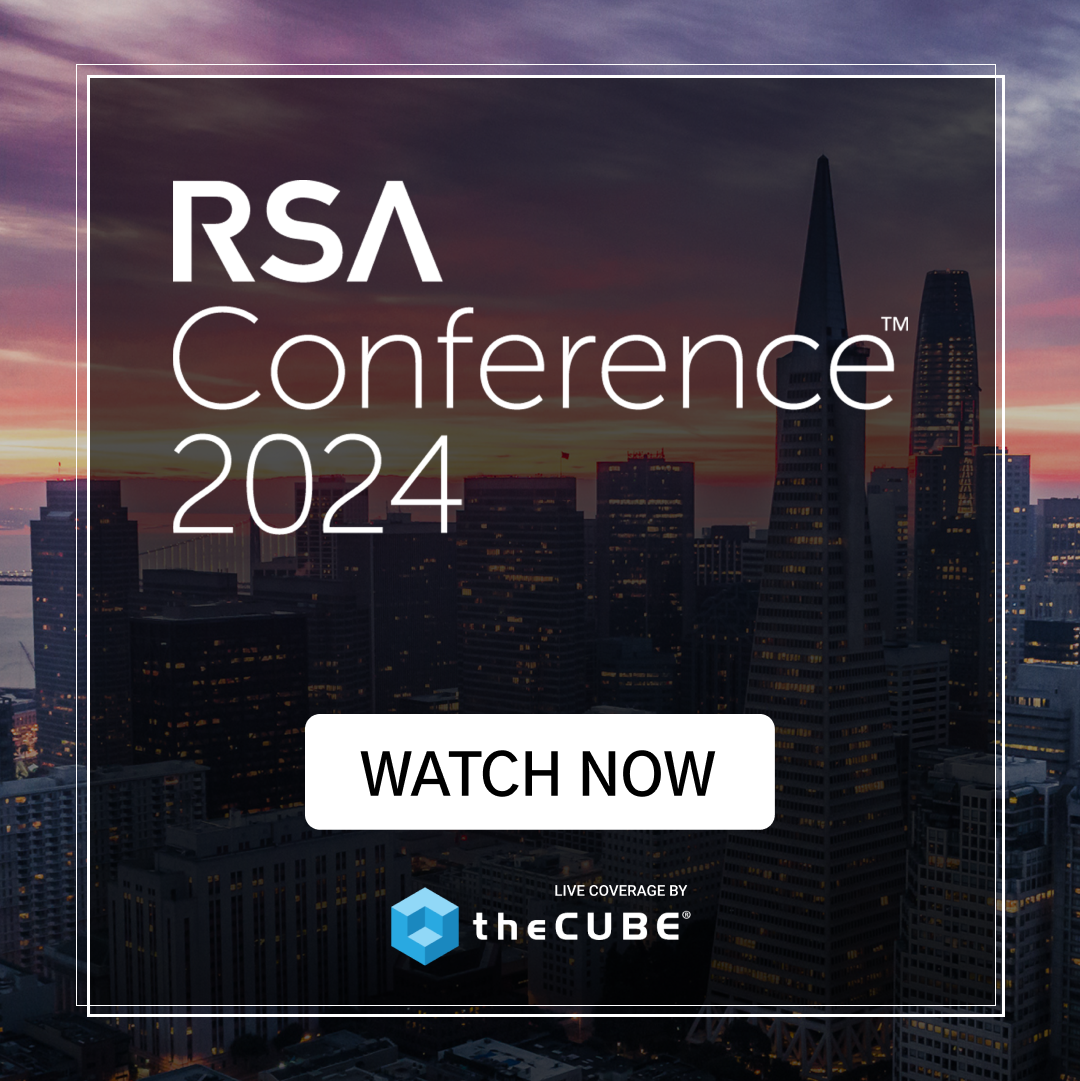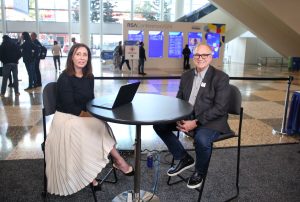2 Spotify + Pandora Alternatives for Musicians to Make Money
![]() Consumers are in love with music-streaming services like Spotify and Pandora. Pandora is the “old kid” on the block, while Spotify is the new, but both are bursting with users. Recent figures peg Pandora at 69.5 million active users, and Spotify with 24 million, with six million of those active users on Spotify paying a monthly fee for added features. But musicians aren’t nearly as in love with music-streaming services.
Consumers are in love with music-streaming services like Spotify and Pandora. Pandora is the “old kid” on the block, while Spotify is the new, but both are bursting with users. Recent figures peg Pandora at 69.5 million active users, and Spotify with 24 million, with six million of those active users on Spotify paying a monthly fee for added features. But musicians aren’t nearly as in love with music-streaming services.
The examples of musicians taking a stand against music-streaming services are growing. According to a BBC News story, Radiohead lead singer Thom Yorke has pulled some albums from music-streaming service Spotify in protest at how much it pays artists. Specifically, Yorke pulled his solo album The Eraser as well as a joint project with producer Nigel Godrich, Atoms for Peace. Here are a couple of the tweets:
Make no mistake new artists you discover on #Spotify will no get paid. meanwhile shareholders will shortly being rolling in it. Simples.
— Thom Yorke (@thomyorke) July 14, 2013
“your small meaningless rebellion is only hurting your fans … a drop in the bucket really” No we’re standing up for our fellow musicians
— Thom Yorke (@thomyorke) July 14, 2013
Just last month, it was band Pink Floyd discussing its royalties ripoff with Spotify competitor Pandora. Form the story:
Nearly 90% of the artists who get a check for digital play receive less than $5,000 a year. They cannot afford the 85% pay cut Pandora asked Congress to impose on the music community. … We’ve heard Pandora complain it pays too much in royalties to make a profit. (Of course, we also watched Pandora raise $235 million in its IPO and double its listeners in the last two years.) But a business that exists to deliver music can’t really complain that its biggest cost is music. You don’t hear grocery stores complain they have to pay for the food they sell. Netflix pays more for movies than Pandora pays for music, but they aren’t running to Congress for a bailout.
The fix is in, it seems. Are music-streaming services the new “old guard”? Will we soon see less and less talented artists become musicians? Let’s hope not. Everyone can’t be Jay-Z and sign a deal to pre-sell a million songs with a major smartphone manufacturer. So in the meantime, here are three Spotify + Pandora alternatives for the “normal” musician.
Monetizing Your Music on YouTube
![]() A New York startup called Audiam was founded by Jeff Price, formerly co-founder of TuneCore, which lets musicians distribute their songs to iTunes and other online markets. Audiam helps artists profit when others use their music. The gist is pretty simple: “Let’s go find you money that already exists.” Small artists and composers don’t have Jay-Z money and/or pull. Price and his team wants Audiam to be the middleman for them. Here’s how it works: when YouTube ads appear on videos while an artists music is playing, Audiam will claim a share of the revenue and send it along to the artist, minus a 25 percent cut. “It’s magic money,” Price says. “It’s buried treasure.”
A New York startup called Audiam was founded by Jeff Price, formerly co-founder of TuneCore, which lets musicians distribute their songs to iTunes and other online markets. Audiam helps artists profit when others use their music. The gist is pretty simple: “Let’s go find you money that already exists.” Small artists and composers don’t have Jay-Z money and/or pull. Price and his team wants Audiam to be the middleman for them. Here’s how it works: when YouTube ads appear on videos while an artists music is playing, Audiam will claim a share of the revenue and send it along to the artist, minus a 25 percent cut. “It’s magic money,” Price says. “It’s buried treasure.”
As an artist, Audiam is finding money for you that you otherwise never knew existed. The test case for Audiam was Scott Schreer, who wrote a roughly two-minute saxophone-heavy acid jazz instrumental called Love Doctor in 2001. Schreer’s library of Love Doctor plus around 1,700 other tunes now bring his company about $30,000 per month from their use in YouTube videos. While all smaller artists shouldn’t expect $30,000 per month, a couple hundred bucks a month could keep the lights on for someone’s dream that much longer.
Merch + Teaching
We live in a world of memes + merch. Digitally speaking, a great meme can make a cat millions of dollars. The writing is on the proverbial wall that musicians have a traditional outlet for monetizing their “brand” has gotten a serious bump in the last few years. Facebook, Twitter, Pinterest, Etsy, BandPage, Zazzle, etc. — there are more and more ways to reach your fans. Which means there are more and more ways to monetize your fans.
Equally valuable is the ability to teach private lessons, or share teaching material. As the digital world is connecting people at a finite level, fans now have more access to musicians. With that access comes a deeper desire to “be like” or “learn from”. Think about the business and marketing world for a second. Thought-leaders utilize digital means to create additional revenue streams in the form of podcasts, reports, mentoring and consulting. Private lessons and teaching materials are the music industries add-on feature for additional revenues.
They connect with your music, now connect to their wallet.
A message from John Furrier, co-founder of SiliconANGLE:
Your vote of support is important to us and it helps us keep the content FREE.
One click below supports our mission to provide free, deep, and relevant content.
Join our community on YouTube
Join the community that includes more than 15,000 #CubeAlumni experts, including Amazon.com CEO Andy Jassy, Dell Technologies founder and CEO Michael Dell, Intel CEO Pat Gelsinger, and many more luminaries and experts.
THANK YOU













